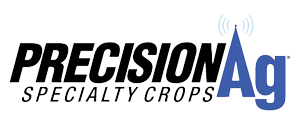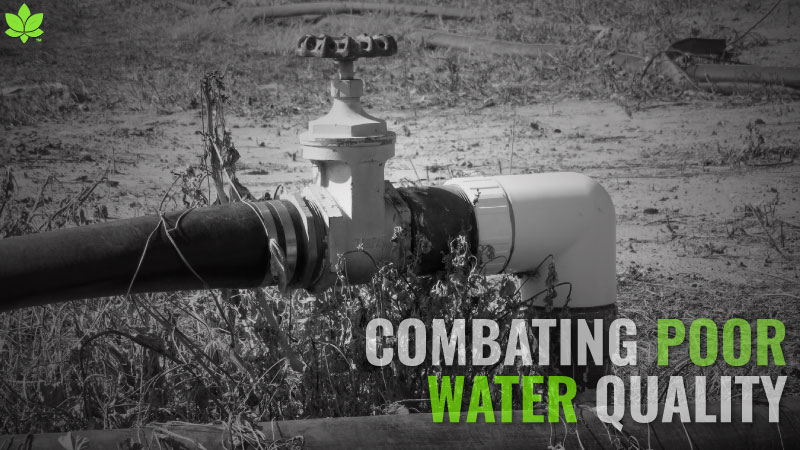Digitization of Agriculture: Is This What the Doctor Ordered?
My revelatory moment came near the end of a keynote presentation at last summer’s International Conference of Precision Agriculture in Montreal, QC, Canada. The University of Montreal’s Prof. Yoshua Bengio, a global leader in deep learning research, had just concluded a breathtaking tour of the coming impact of predictive analytics on healthcare and (by extension) agriculture — which really are not all that dissimilar, are they? Each is involved with the application of remedies in the right dose, in the right place, at the right time.
Standing ready to take questions, Dr. Bengio watched as a gentleman approached a mic placed in the audience and essentially said to him: “This is wonderful and all, but in agriculture, farmers are notorious for not wanting to share their data.”
Dr. Bengio blinked a few times and said: “Just like doctors!”
Boom.
Stop me if you’ve heard this occupational description before:
- Have decades of observational knowledge and experience.
- Pride themselves on the accuracy of their “gut feelings.”
- Are more than a little territorial about the confidentiality of their data.
- Sometimes have one key decision standing between them and catastrophic results.
You said “farmer,” I said “doctor.” Or maybe it was the other way around. Or maybe we both said both “farmer” and “doctor’ (I hope that was the case).
No matter.
The point is that if machine learning can be used to riffle through millions of photos of actual colonoscopies as Dr. Bengio described in his presentation, link them to ultimate diagnoses of each, and quickly predict that your own colonoscopy gives you (say) a 95% chance of developing a stage 2 tumor — then certainly the same technology is theoretically capable of scanning a photo of a farmer’s field and deducing that s/he has (say) a 95% chance of a Phytophthora outbreak so that a preventive application of fungicide can be scheduled.
Do either of these scenarios preclude the need for a doctor or agronomist? I think not. The doctor individualizes the data to the patient and the direct set of circumstances — family history, diet, lifestyle, etc. The agronomist individualizes the data to the field and the direct set of circumstances — weather, hybrid/variety, fertility, etc. Each recommends a “next steps” scenario.
 But data is the backbone. As a grower at Meister Media Worldwide’s recent PrecisionAg VISION Conference observed: “What we’re doing is not Monte Carlo. Things are happening for a reason.” Data, he said, “can better influence that outcome. The more we can connect the dots, the more we can influence what’s going on in the field.”
But data is the backbone. As a grower at Meister Media Worldwide’s recent PrecisionAg VISION Conference observed: “What we’re doing is not Monte Carlo. Things are happening for a reason.” Data, he said, “can better influence that outcome. The more we can connect the dots, the more we can influence what’s going on in the field.”
Back to that nettlesome issue of sharing data …
Ever heard of Epic Systems in Madison, WI? I’d be a bit surprised if you have. It’s a privately held software company worth about $2.5 billion. It provides electronic records systems for hospital networks across the country including the Cleveland Clinic, my wife’s employer and our go-to healthcare provider.
Care to guess what percentage of patient records in the U.S. currently reside on Epic’s platform?
64%, at last count – including my wife’s and mine.
To which I say, hooray. Every doctor I visit in the Cleveland Clinic system is able to instantly pull up all my prescribed medications and the history of all my doctor visits, giving all physicians I see a 360-degree view of my health profile rather than just a narrow slice according to their own specialties.
And just wait until deep learning as Dr. Bengio described is able to put all that information together to predict whether and when I may develop a life-threatening illness so that my doctors and I can take steps to forestall it.
Will someone eventually build the equivalent of Epic Systems for agriculture?
Very likely. In fact, it may be in our midst already.
Will it ultimately be to the benefit of everyone working in agriculture?
You bet.
And that will be a revelation.










